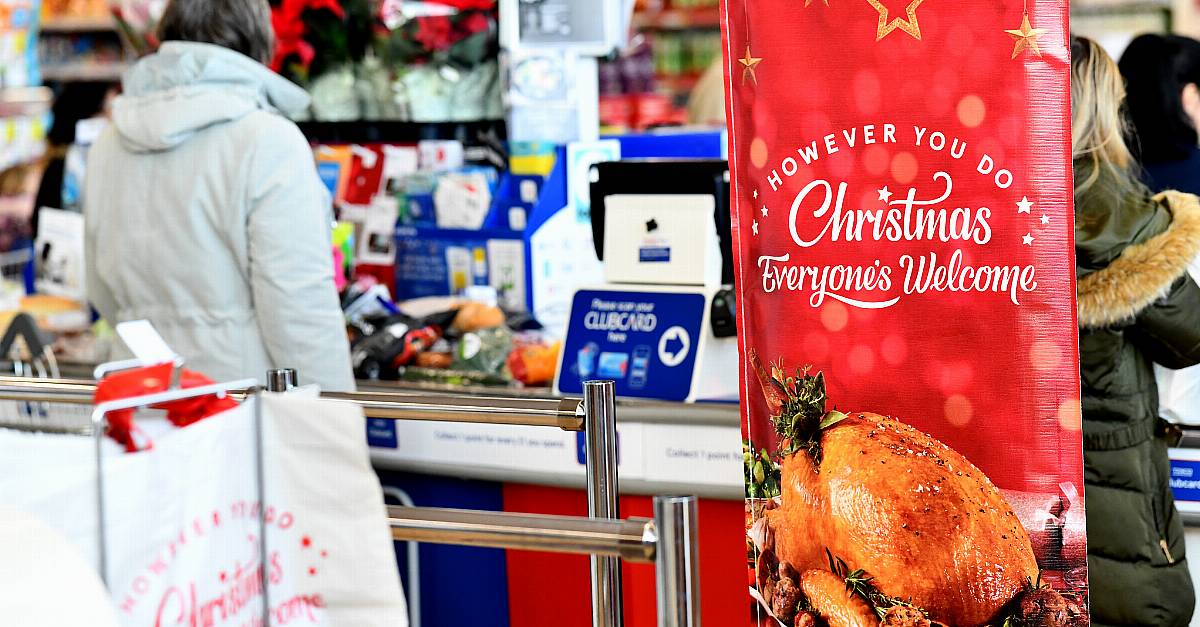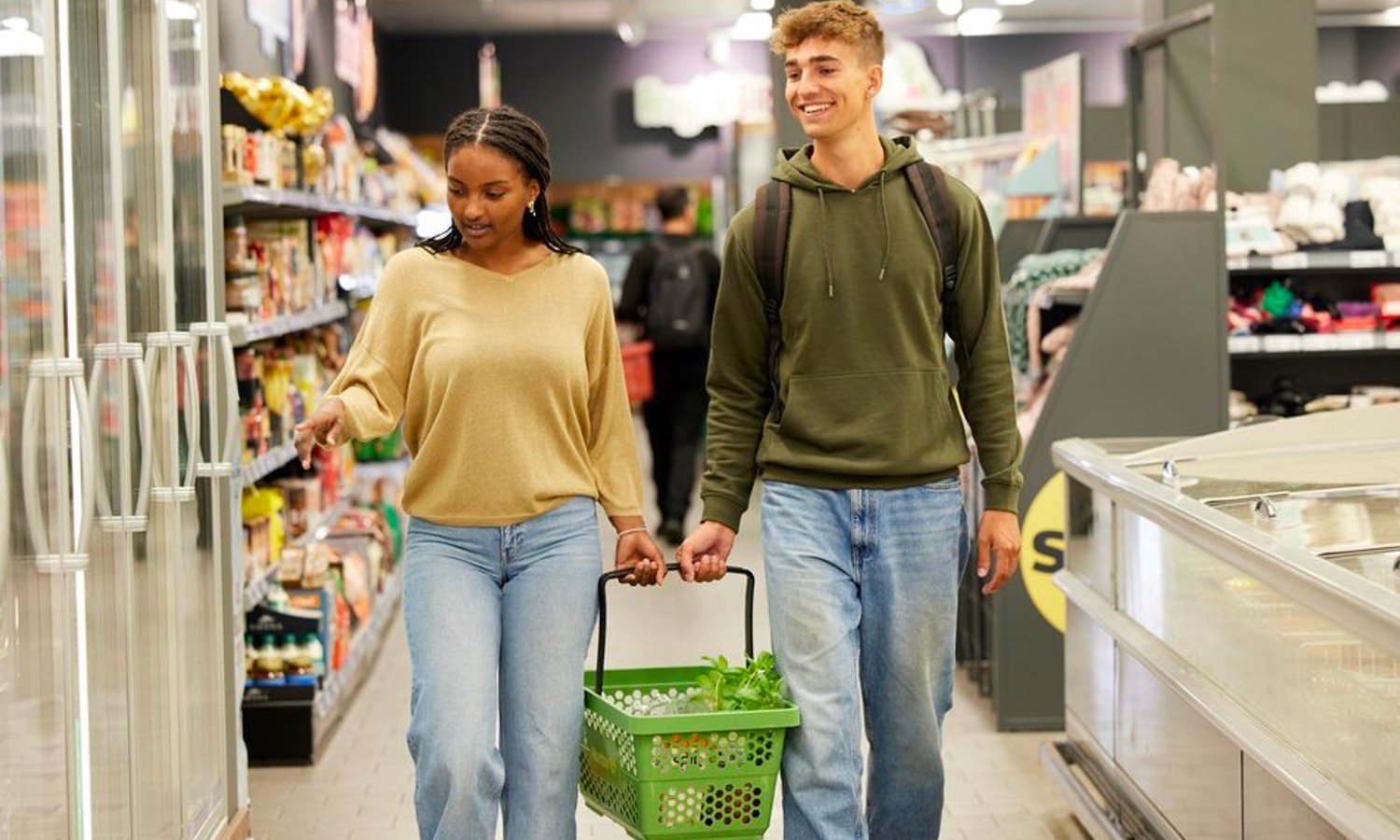Three Themes Set To Shape The Christmas Shopping Period In Europe | ESM Magazine

The forthcoming Christmas period will be the first for many years in which consumers won’t be burdened by high inflation rates or a global pandemic, however, food inflation is still likely to weigh on the minds of many Europeans, GlobalData has noted.
Looking ahead to the holiday season on a European level, the research firm anticipates the emergence of three themes that are likely to influence consumer spending.
1. Affordable Authenticity
While inflation is not at the same levels as it was in 2022 or 2023, a ‘hangover effect’ from this period remains, particularly when it comes to food inflation. In fact, in many countries, particularly in Western Europe, food inflation continued to rise in 2023.
This has led to a trend called ‘affordable authenticity’, according to GlobalData, wherein – despite 25% of European consumers cutting back on grocery shopping – around three quarters (74%) also state that a product’s ‘authenticity’ is important to them when making a purchase.
“Looking at 2024, specifically, it is clear that European food inflation is only correlating loosely with general inflation trends and remains high in many major economies,” commented Fred Diamond, senior food consultant and analyst at GlobalData.
“European consumers are contending with a market environment that is still seeing higher inflation for key categories, but which also bears the scars of previous inflation, in the form of products that have gotten smaller and/or more cheaply made, as brands tried to limit price increases through ‘shrinkflation‘ and ‘skimpflation’. Therefore, this Christmas, the concept of value for money is key.”
2. Connoisseurship And Food-Based Learning Experiences
An emerging trend in Western European markets in recent years has been that of ‘connoisseurship’ – in other words, engaging in food and drinks about which consumers can learn more and take an interest.
Wine, coffee and chocolate are three traditional examples of this trend, GlobalData noted, although emerging categories are also playing a role, with products often packaged in a ‘variety set’ featuring information on the origins and taste profiles of individual innovations.
“Products containing multiple different varieties of something – be it dark chocolate, sauces, or any other type of food – can be extremely popular during the festive period,” Diamond commented. “Fifty-six per cent [56%] of European consumers report that ‘new experiences associated with product purchases’ are ‘essential’ or ‘nice to have’, which is exactly what these types of products can bring people.”
3. Lifestyle Subscriptions And Meal Kits
Meal kits have seen increased uptake over the past decade – as of the end of last year, some 63% of Europeans had ordered a meal kit – and this category is seeking increased authenticity and personalisation, according to GlobalData.
This, too, is likely to have a bearing on consumption habits during the forthcoming festive period, according to GlobalData.
“Though the worst of the inflationary period is over, as Europeans begin their 2024 Christmas shopping, they do so against a backdrop of eroded savings, smaller portions, and lower confidence,” said Diamond.
“With a quarter of European consumers reporting cutting back on grocery shopping in light of recent price increases, value for money is key. Guilt-free indulgence through sustainable practices, and added value in their product purchases through brand authenticity, sensory experiences and food or drink kits that enable people to learn and grow in their tastes and expertise will likely prove very popular.”
Related
Buy European: a new shopping movement takes hold
As geopolitical tensions intensify following president Trump's return to power, European shoppers are looking to support products from their own continent. Thre
10 Corso Como Unveils Gentle Monster’s First Store in Europe
LANDING IN MILAN: The arrival of Gentle Monster in Milan did not go unnoticed. On Friday night during Milan Fashion Week, the eyewear bran
Climate change protesters occupy Tesla showroom in Westfield shopping mall…
Dozens of climate change protesters occupied the Tesla showroom in Westfield shopping centre on Saturday in the latest misfortune to hit Elon Musk and his elect












